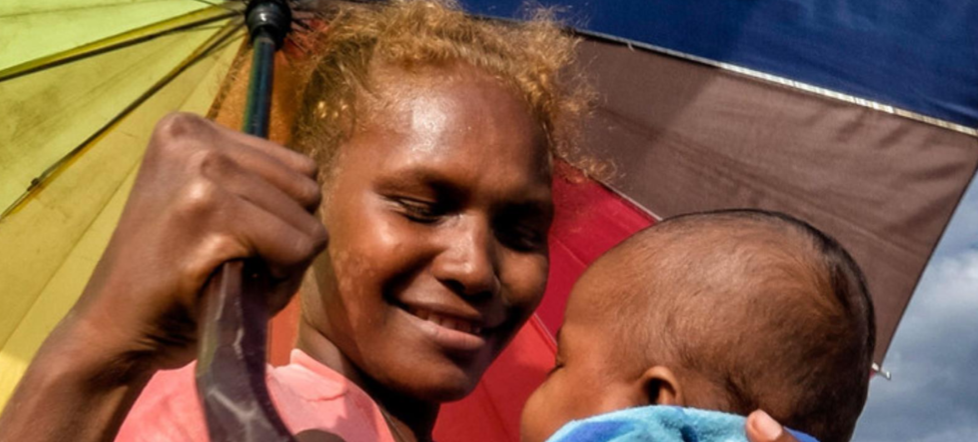South-south cooperation and the least developed countries

Report for the UN:
In recent decades international relations have become more multipolar, as seen in the increasing political and economic prominence of countries such as India and China, divergences between large developed countries and regions, and the continued emergence of the Global South. This is a trend long underway, but with renewed impetus via the spontaneous economic evolution of prominent countries in the South, Asia’s rapid recovery from the pandemic, and via intentional acts of solidarity among Southern countries. The ‘rise of the South’ is a process of reorientation of the world economy toward developing nations and their increased voice on the international stage.
South-South cooperation is a manifestation of solidarity among peoples and countries of the South that contributes to their national well-being, their national and collective self-reliance and the attainment of internationally agreed development goals like the 2030 Agenda for Sustainable Development. It involves technical and economic cooperation, norm-setting and economic interdependencies among developing countries with a view to mutual support.
This report is an attempt to review the role of South-South cooperation in the implementation of the Istanbul Programme of Action (IPoA) for the least developed countries, to take stock of best practices, and to scale up cooperation. The report focuses on the eight priority areas of action in the IPoA, shedding light on areas where South-South cooperation can play a catalytic role.
Concrete and actionable recommendations are made with the aim of helping LDCs to leverage and scale up South-South cooperation in the new Doha Programme of Action for the Least Developed Countries 2022-2031, in turn advancing progress towards the SDGs and achieving sustainable and transformative recovery from the pandemic.
Download the report here (PDF).
